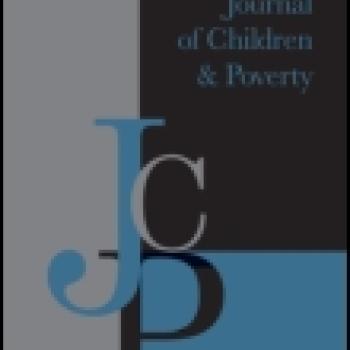
User participation has been promoted to improve the quality, responsiveness, and outreach of public services in India. This qualitative study evaluates new grassroots institutions' Village Education Committees and Mothers' Committees' in Andhra Pradesh, which promoting parents' participation in the management and monitoring of local schools and maternal/child health services. Although the committees were found to have increased participation in public affairs by the poor and brought about some improvements in service quality, inclusive and meaningful participation has often been hindered by illiteracy and lack of information, as well as caste, gender, and socioeconomic inequalities. The article suggests that there are considerable tensions between inclusive participation and committee effectiveness as members need skills, status, and resources in order to have a meaningful impact on service provision. In addition, research findings point to the need for more structured opportunities for committee members to interact with authorities and service providers, as well as for children to voice their concerns and ideas. Lastly, in order to tackle childhood poverty more holistically, the focus of these committees should be revised to give greater emphasis to improving service quality improvements and cross-sectoral synergies, rather than the current move narrow focus on infrastructural development and single sector initiatives.
The final version of the article is available on the journal website.

User participation has been promoted to improve the quality, responsiveness, and outreach of public services in India. This qualitative study evaluates new grassroots institutions' Village Education Committees and Mothers' Committees' in Andhra Pradesh, which promoting parents' participation in the management and monitoring of local schools and maternal/child health services. Although the committees were found to have increased participation in public affairs by the poor and brought about some improvements in service quality, inclusive and meaningful participation has often been hindered by illiteracy and lack of information, as well as caste, gender, and socioeconomic inequalities. The article suggests that there are considerable tensions between inclusive participation and committee effectiveness as members need skills, status, and resources in order to have a meaningful impact on service provision. In addition, research findings point to the need for more structured opportunities for committee members to interact with authorities and service providers, as well as for children to voice their concerns and ideas. Lastly, in order to tackle childhood poverty more holistically, the focus of these committees should be revised to give greater emphasis to improving service quality improvements and cross-sectoral synergies, rather than the current move narrow focus on infrastructural development and single sector initiatives.
The final version of the article is available on the journal website.

